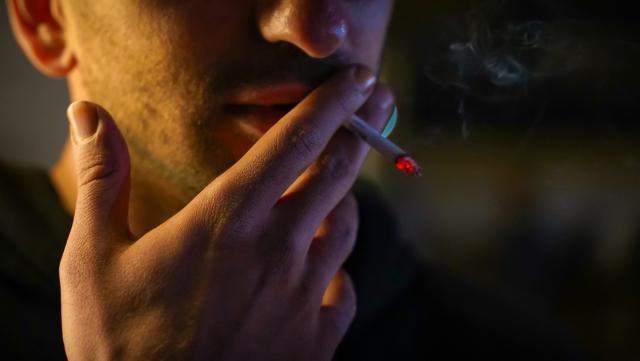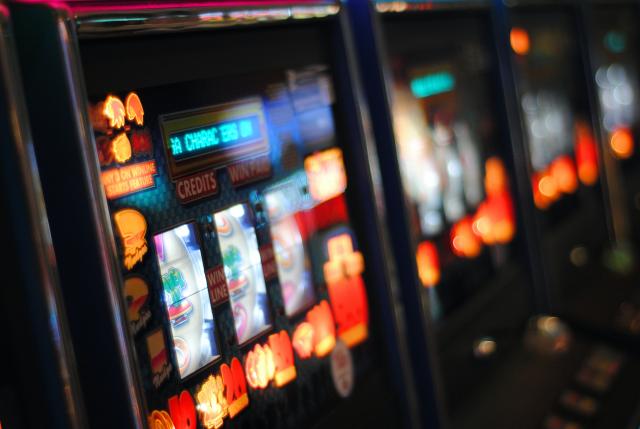
By Callum Ludwig
Addiction remains a difficult issue to talk about and tackle for many but the rerelease of Addiction Australia on SBS on Demand can act as a prompt reminder to find out how you can seek help for yourself or someone close to you.
The hard-hitting documentary was produced by SBS, Blackfella Films and the Turning Point service (which is partnered with Eastern Health) and originally released in 2020, telling the story of 10 Australian people impacted by addiction.
Executive Clinical Director of Turning Point and Professor of Addiction Studies and Services at Monash University Professor Dan Lubman AM said despite its prevalence, addiction remains one of the most stigmatised and misunderstood health conditions and there is still a reluctance to talk about it and treat it as a public health priority.
“We see people with a history of addiction struggle to tell their stories because of stigma, which is often compounded by how they are represented in the media and in popular culture,” he said.
“The truth is there are a range of effective treatments for addiction, but sadly many people don’t know that,”
“We need to continue talking about addiction, as well as empower more people to share their stories to end the stigma and show that recovery is not just a possibility, but a realistic goal.”
It is estimated that one in four Australians will struggle with an alcohol, drug or gambling problem in their lifetime, one in twenty will develop an addiction and one almost every hour will die due to harm caused by gambling, alcohol or other drugs.
Prof Lubman said we know addiction is a major contributor to the burden of disease in Australia and a leading preventable cause of injury, illness and death.
“We know delayed treatment is causing tremendous harm, with people often waiting up to two decades to seek treatment for addiction,” he said.
“When alcohol, drugs or gambling starts to impact normal day-to-day activities, such as relationships, and work, addiction may have become an issue,”
“While addiction can impact people’s lives in different ways, there are some common experiences and signs to look out for in a person’s behaviour, their emotional state, their relationships, and their finances.”
Anyone who is worried they might be seeing the early signs of addiction in someone they know should look out for changes in behaviour or mood, financial difficulties, negative changes to relationships and social circles and losing interest in work, family, hobbies or other favourite pastimes.
Prof Lubman said there are lots of great services available, including both community and residential treatment options.
“Because we don’t talk about addiction a lot, there is a lot of confusion about what it is, how people can get help and the treatments and support on offer. The good news is we have a range of treatments that we know work and recovery is absolutely possible,” he said.
“People don’t need to wait until a crisis to seek help. Like any health issue, early intervention improves outcomes,”
“Taking action and getting support early gives people the best chance at getting better and shows great courage and strength.”
The Australian Institute of Health and Welfare estimated that addiction (to alcohol, tobacco, other drugs and gambling) cost Australia $80.3 billion in 2021, with tobacco harm making up 45 per cent of that total; $35.8 billion.
In 2023, Australia was also estimated to lose $25 billion on legal forms of gambling each year, the largest per-capita loss in the world.
Treatment for addictions can include residential detox and rehabilitation and community-based interventions, including medications, counselling, peer support groups, and telephone and online support.
Funded by the Department of Health and delivered through a partnership between EACH Social & Community Health, Anglicare Victoria and Youth Support & Advocacy Services (YSAS), the SURe (Substance Use Recovery) program serves the outer east, with the intake service able to be contacted at 1300 003 224.
Turning Point’s Eastern Treatment Services (TPETS) Intake Service is also located in Box Hill and be contacted at 1800 778 278.
For those with gambling concerns, Gambling Help Online is a free, national confidential service that operates 24/7 to provide online support and referral for anyone affected by gambling. They can also call the National Gambling Helpline on 1800 858 858 for free confidential counselling
For alcohol and other drug concerns, Victorians can contact Directline 24/7 on 1800 888 236 with the free telephone service, offering on-the-spot counselling, information and referral to specialist treatment services, as well as information about local peer support groups and meetings.
Free confidential counselling for alcohol and other drug concerns via telephone or online, people can also contact Counselling Online or call the National Alcohol and Other Drug Hotline on 1800 250 015
Support is available for those close to someone with addiction, Breakthrough is a program for family, friends and partners of people affected by addiction and more information can be found at breakthroughforfamilies.com/.







